The 1970s was a decade of transformation for women in Hollywood, with leading ladies breaking free from outdated roles and taking on characters with depth, strength, and complexity. These actresses weren’t just glamorous stars—they were powerhouses who reshaped the industry and paved the way for the generations that followed. Whether through groundbreaking performances, box office dominance, or sheer on-screen presence, these women redefined what it meant to be a leading lady. Let’s take a look at twelve actresses who changed Hollywood forever in the ’70s.
1. Jane Fonda

Jane Fonda started the decade as a counterculture icon and ended it as one of Hollywood’s most respected actresses. After making waves in Barbarella (1968), she proved her dramatic chops with her Oscar-winning performance in Klute (1971), playing a complex and independent woman unlike any seen before. She continued to challenge expectations with films like Coming Home (1978) and The China Syndrome (1979), using her platform to bring social issues into mainstream cinema. More than just a movie star, she became a cultural force, balancing activism with a film career that pushed boundaries.
2. Faye Dunaway
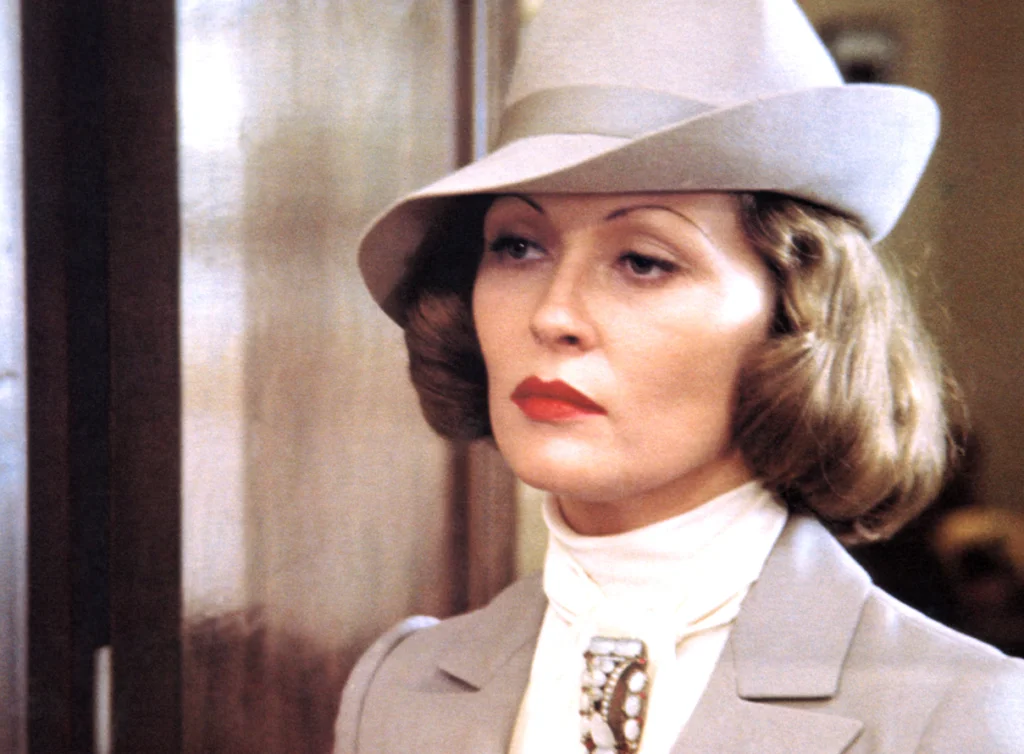
Faye Dunaway was a powerhouse throughout the ’70s, taking on intense, emotionally charged roles that left audiences in awe. After solidifying her place in Hollywood with Bonnie and Clyde (1967), she delivered unforgettable performances in Chinatown (1974) and Network (1976), both of which showcased her ability to play intelligent, commanding women. She had a knack for choosing roles that were layered and unpredictable, avoiding the one-dimensional female characters that were still common at the time. With her icy intensity and effortless glamour, she became one of the defining actresses of the decade.
3. Diane Keaton
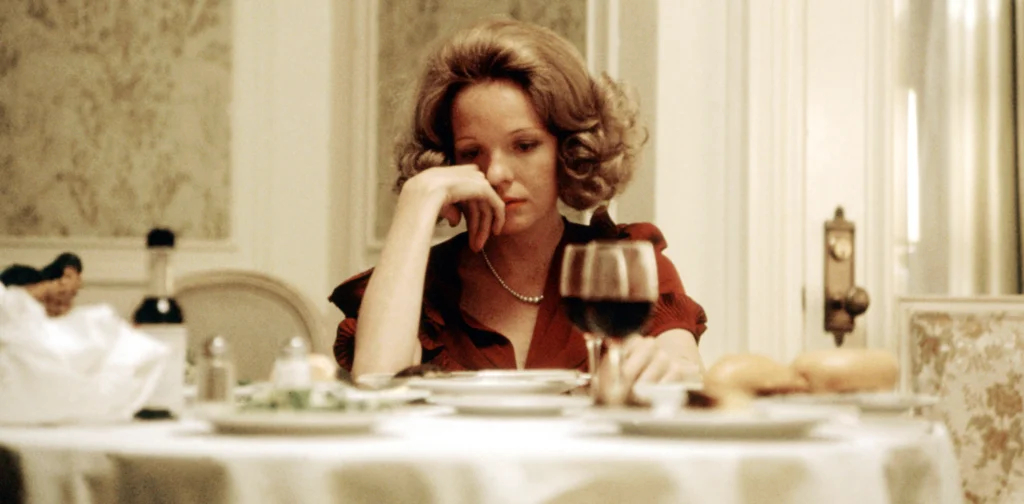
Diane Keaton started the ’70s as the quirky, fresh-faced love interest in The Godfather (1972), but by the end of the decade, she had completely redefined what a leading lady could be. Her Oscar-winning turn in Annie Hall (1977) proved that a female lead could be intelligent, funny, and completely unique—without fitting into a typical Hollywood mold. She had a natural, effortless charm that made her relatable, and she helped usher in a new era of complex, modern female characters. Whether in dramatic roles or romantic comedies, Keaton set a new standard for leading ladies who weren’t just glamorous, but also deeply real.
4. Sally Field
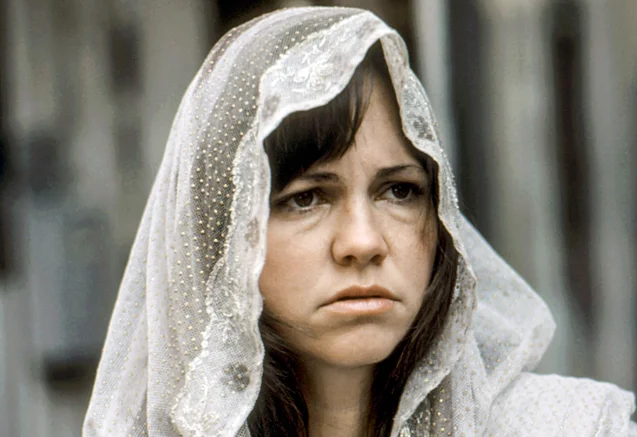
Sally Field proved that an actress could go from lighthearted TV roles to becoming one of the most respected names in Hollywood. After shedding her sitcom image, she stunned audiences with her dramatic turn in Sybil (1976), where she played a woman with dissociative identity disorder. She continued to defy expectations with Norma Rae (1979), winning an Oscar for portraying a fierce, working-class woman who fought for labor rights. Her ability to bring depth to every role she played made her one of the most versatile and beloved actresses of the decade.
5. Goldie Hawn
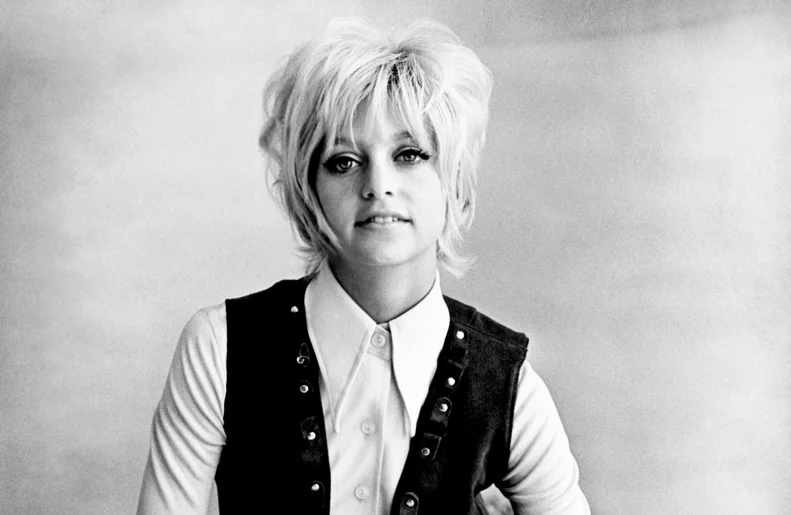
Goldie Hawn made being funny and lovable look easy, but she was also a major force in proving that women could lead films and dominate the box office. With her signature charm and comedic timing, she turned movies like Cactus Flower (1969), Shampoo (1975), and Private Benjamin (1980) into major hits. She was more than just a comedic actress—she had a knack for blending humor with real emotional depth, making her characters memorable and relatable. Hawn’s ability to balance lighthearted fun with strong, independent roles helped redefine the kind of parts women could play in Hollywood.
6. Ellen Burstyn
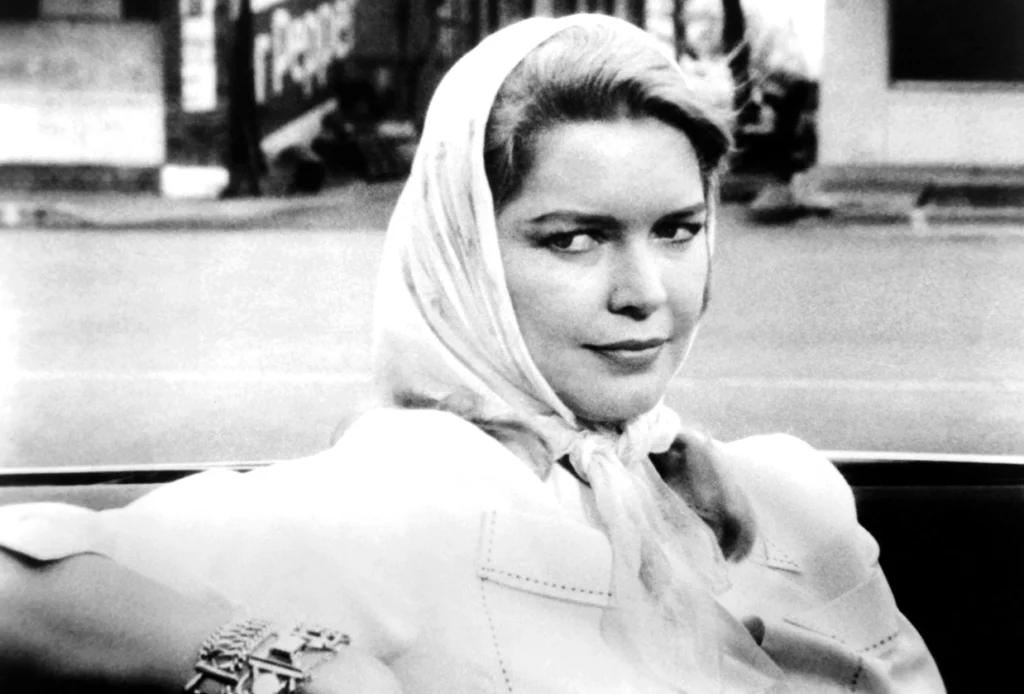
Ellen Burstyn spent the ’70s taking on emotionally rich roles that shattered the idea of what a leading lady could be. She gave powerhouse performances in The Last Picture Show (1971), The Exorcist (1973), and Alice Doesn’t Live Here Anymore (1974), the last of which earned her an Oscar for Best Actress. Her ability to bring raw, genuine emotion to every role made her one of the most respected actresses of the decade. Whether playing a struggling single mother or a woman facing supernatural horror, she always brought humanity and depth to the screen.
7. Barbra Streisand
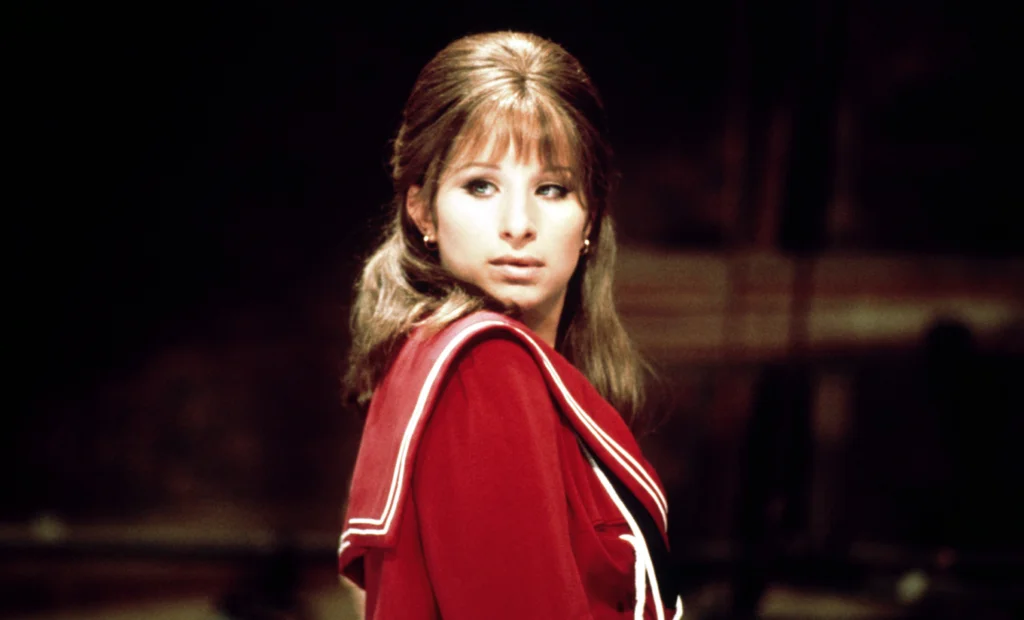
Barbra Streisand wasn’t just an actress—she was a full-fledged phenomenon. She proved her dramatic range with The Way We Were (1973) while also cementing herself as a comedy queen in What’s Up, Doc? (1972) and Funny Lady (1975). Her unique voice and undeniable presence made her one of the most bankable stars of the era, and she became one of the few women to wield real power in Hollywood. She even stepped behind the camera in the following decade, proving that women could lead both on and off-screen.
8. Gena Rowlands
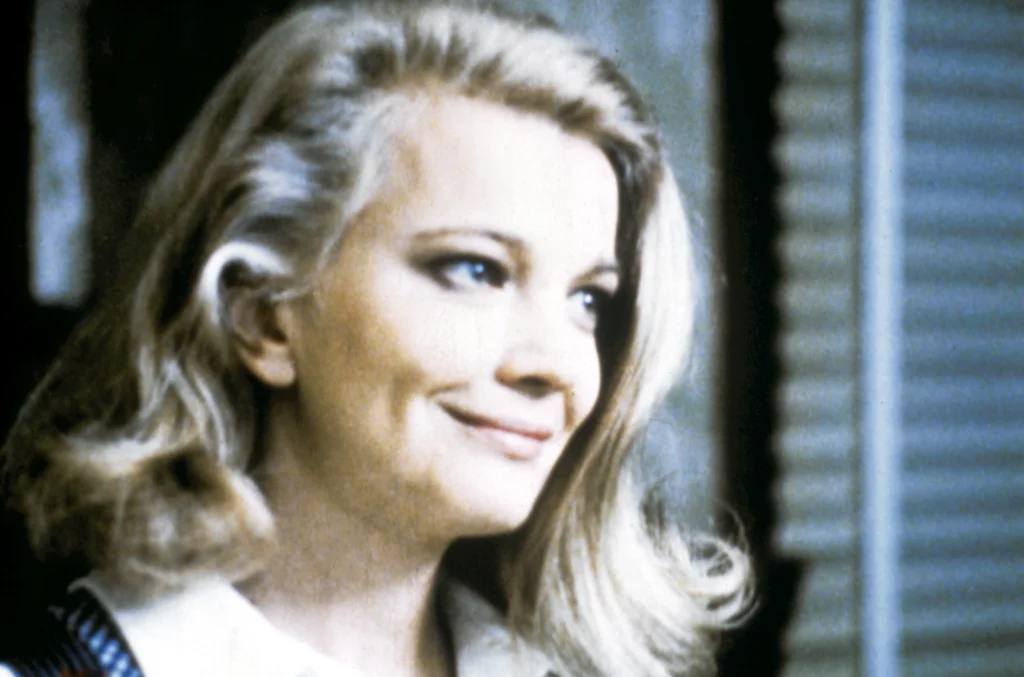
Gena Rowlands wasn’t just a star—she was an artist, pushing the boundaries of performance with her collaborations with director John Cassavetes. Her work in A Woman Under the Influence (1974) was nothing short of groundbreaking, earning her an Oscar nomination for a raw, heart-wrenching portrayal of mental illness. She rejected the idea of Hollywood glamour, instead focusing on roles that were deeply human and often painfully real. Her willingness to take on challenging, unpolished characters made her a trailblazer in independent cinema and beyond.
9. Liza Minnelli
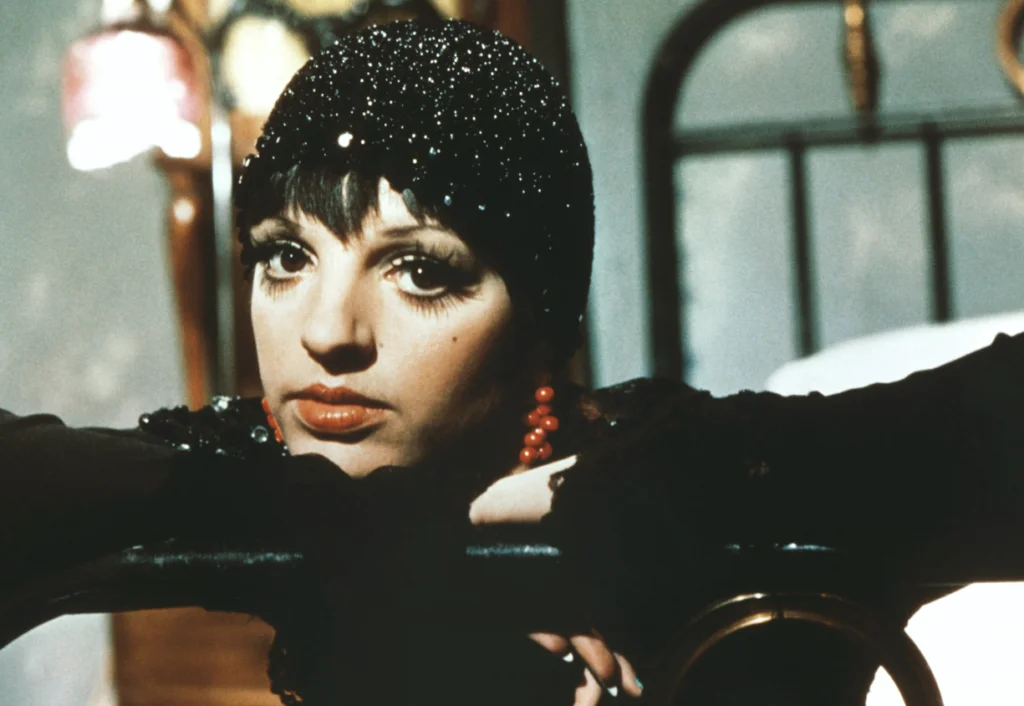
Liza Minnelli had Hollywood in her blood, but she carved out her own legacy with her unforgettable performance in Cabaret (1972). As Sally Bowles, she delivered one of the most dazzling, emotionally complex performances of the decade, earning her an Academy Award. She wasn’t just an actress—she was a performer in every sense, blending singing, dancing, and acting into something truly mesmerizing. Her fearless approach to every role made her one of the most exciting stars of the era.
10. Ali MacGraw
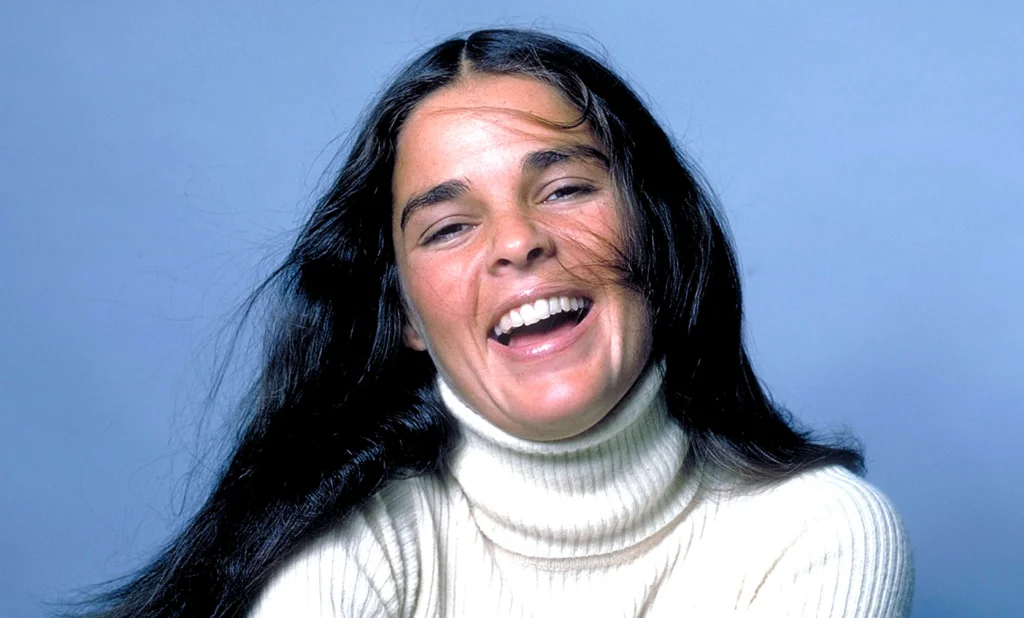
Ali MacGraw captured the hearts of audiences everywhere with Love Story (1970), proving that a female lead could be strong, witty, and emotionally compelling all at once. Though her career didn’t have the longevity of some of her peers, her presence in films like The Getaway (1972) made her one of the most talked-about actresses of the decade. She brought a natural, effortless charm to her roles, which made her characters feel authentic and relatable. While she stepped back from Hollywood in later years, her impact on ’70s cinema remains undeniable.
11. Pam Grier
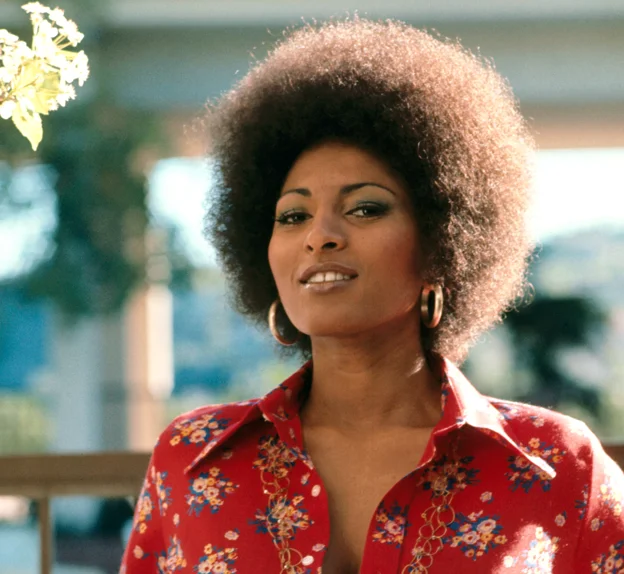
Pam Grier was a trailblazer, bringing fierce, unforgettable performances to the big screen at a time when Hollywood rarely gave leading roles to Black actresses. As the queen of the Blaxploitation era, she dominated films like Coffy (1973) and Foxy Brown (1974), proving that action heroes didn’t have to be men. She was tough, charismatic, and stylish, breaking down barriers for future generations of Black actresses. Her influence stretched far beyond her own films, reshaping how women could be portrayed in action roles.
12. Jessica Lange
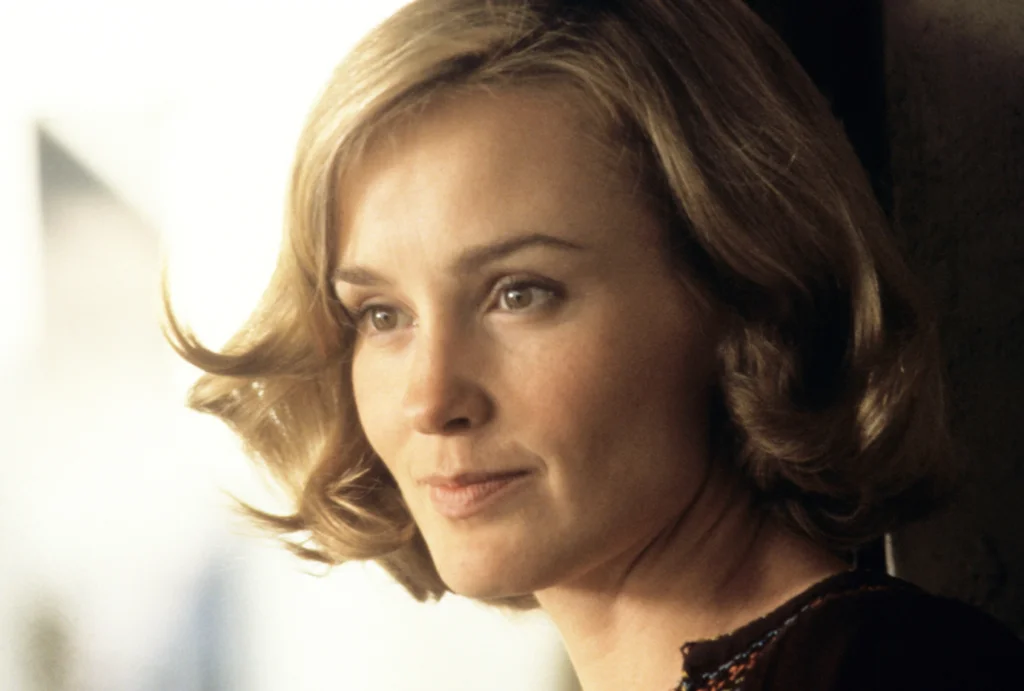
Jessica Lange closed out the decade with King Kong (1976), a role that made her a household name and paved the way for her future as one of Hollywood’s most respected actresses. Though the film itself was met with mixed reviews, her striking screen presence was undeniable. She quickly proved she was more than just a Hollywood beauty, taking on dramatic roles in the following decades that would earn her multiple Academy Awards. Her start in the ’70s marked the beginning of a long and remarkable career that still thrives today.
These women didn’t just act—they transformed Hollywood, redefining what it meant to be a leading lady. They took on challenging roles, shattered stereotypes, and proved that female leads could be just as compelling, complex, and powerful as their male counterparts. Their influence can still be seen in the strong, dynamic performances of today’s actresses. The ’70s were a turning point, and these twelve women led the charge.


